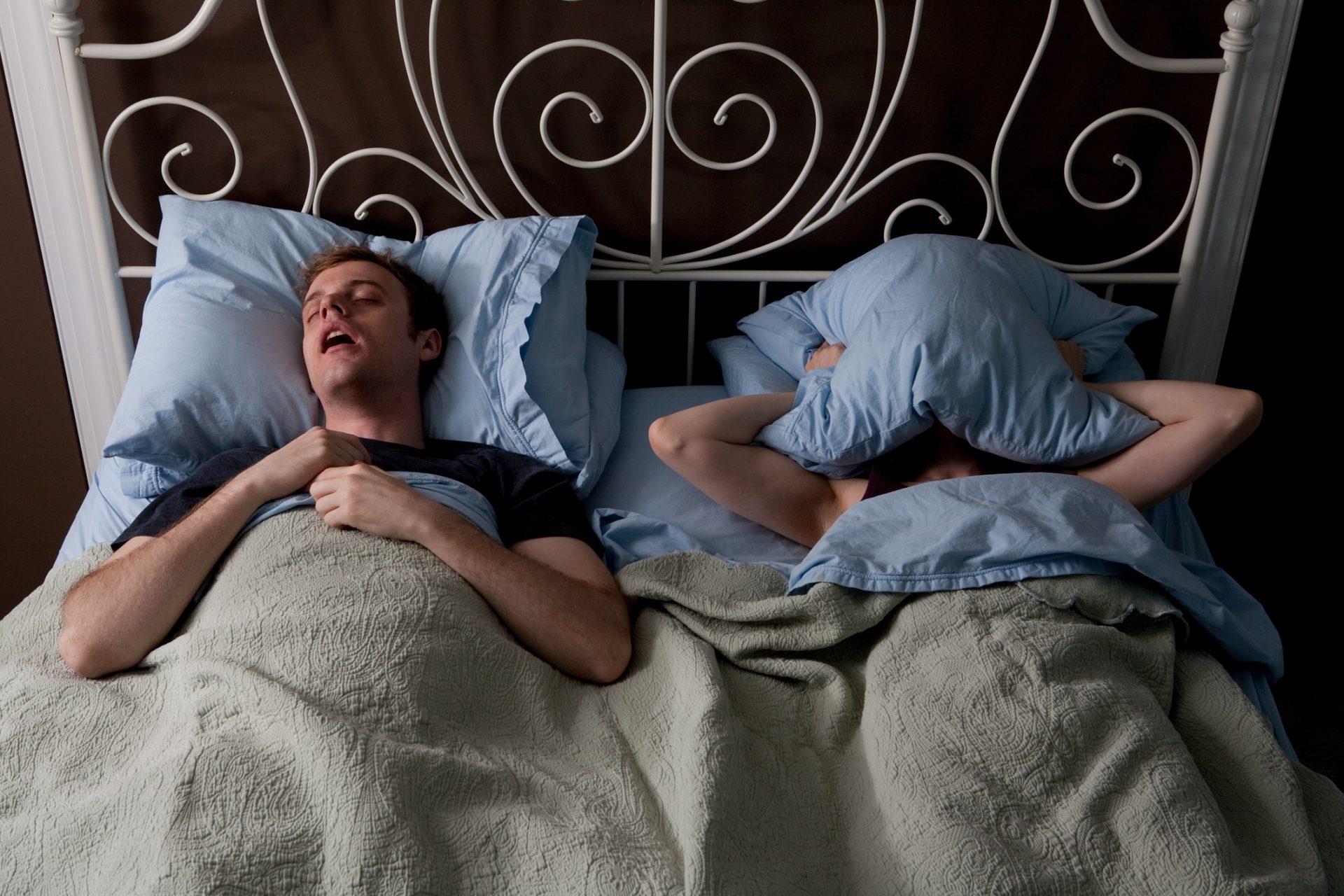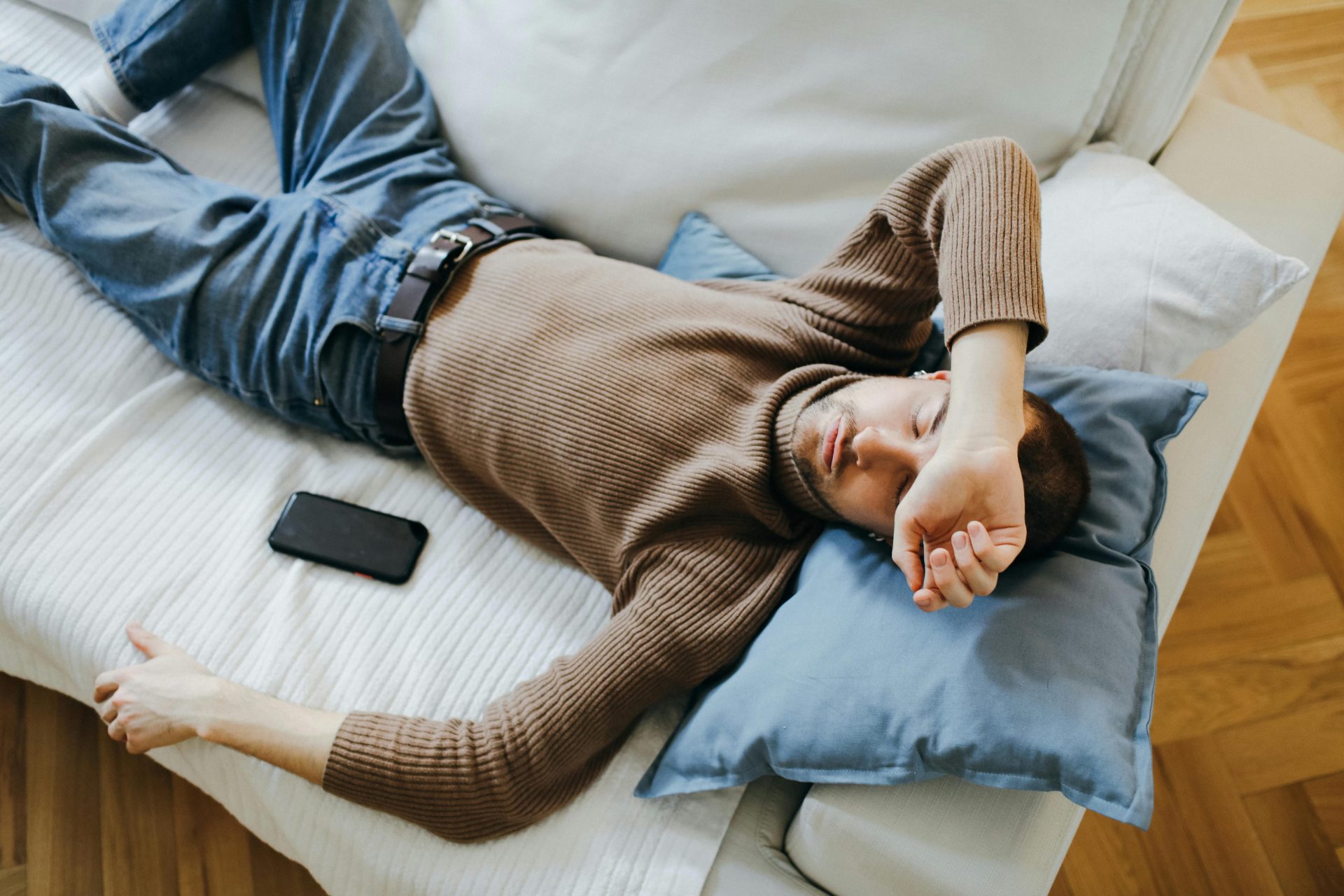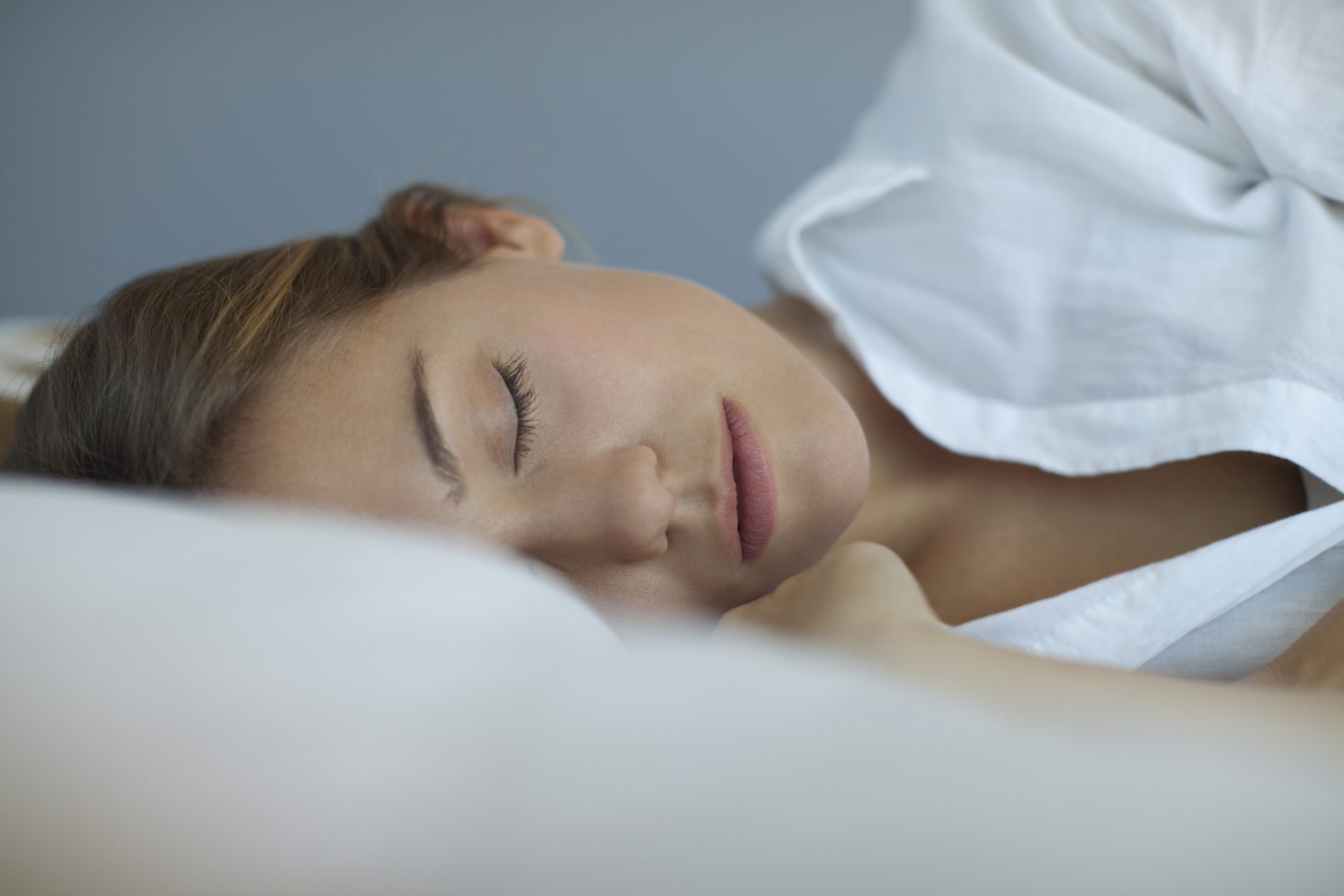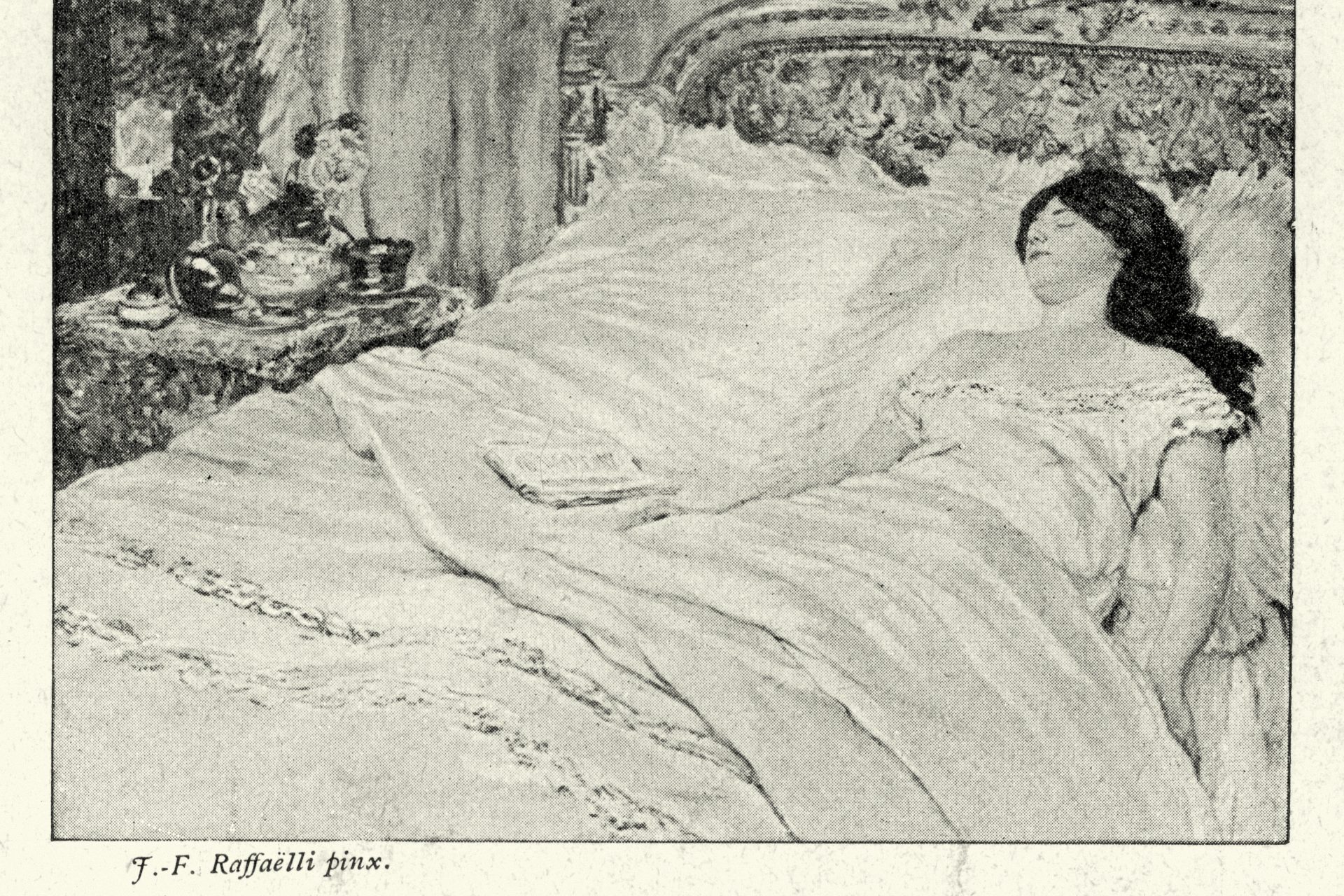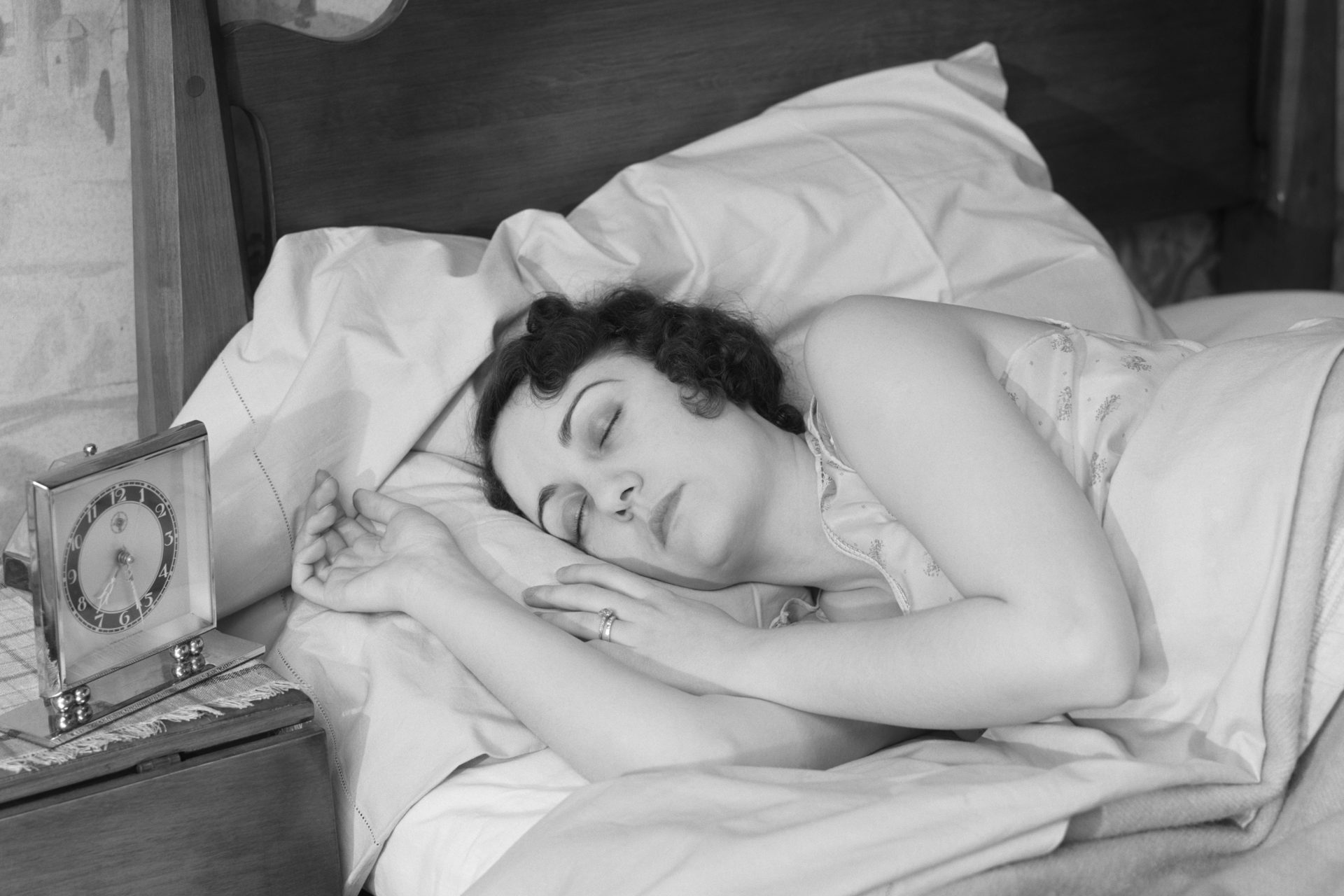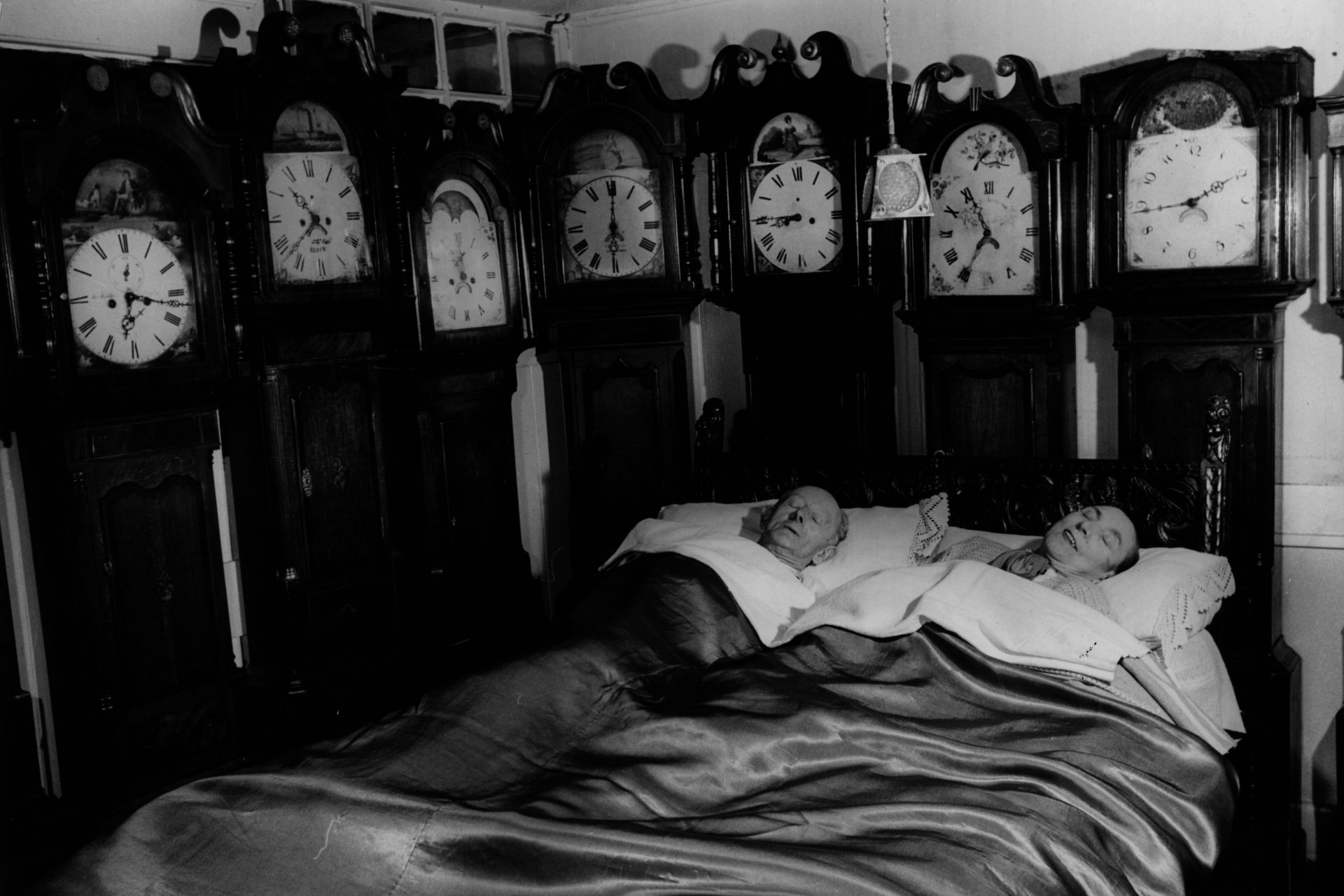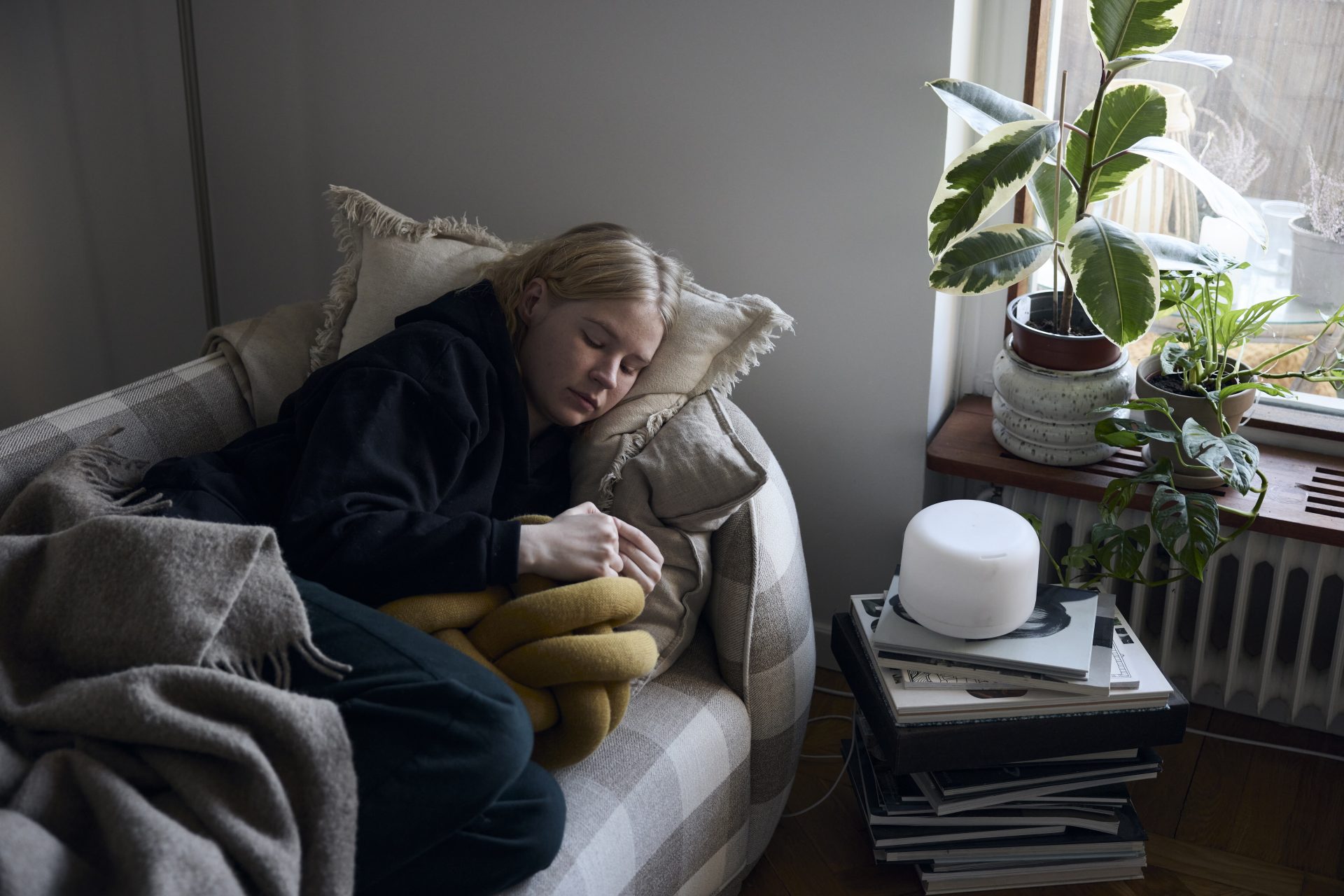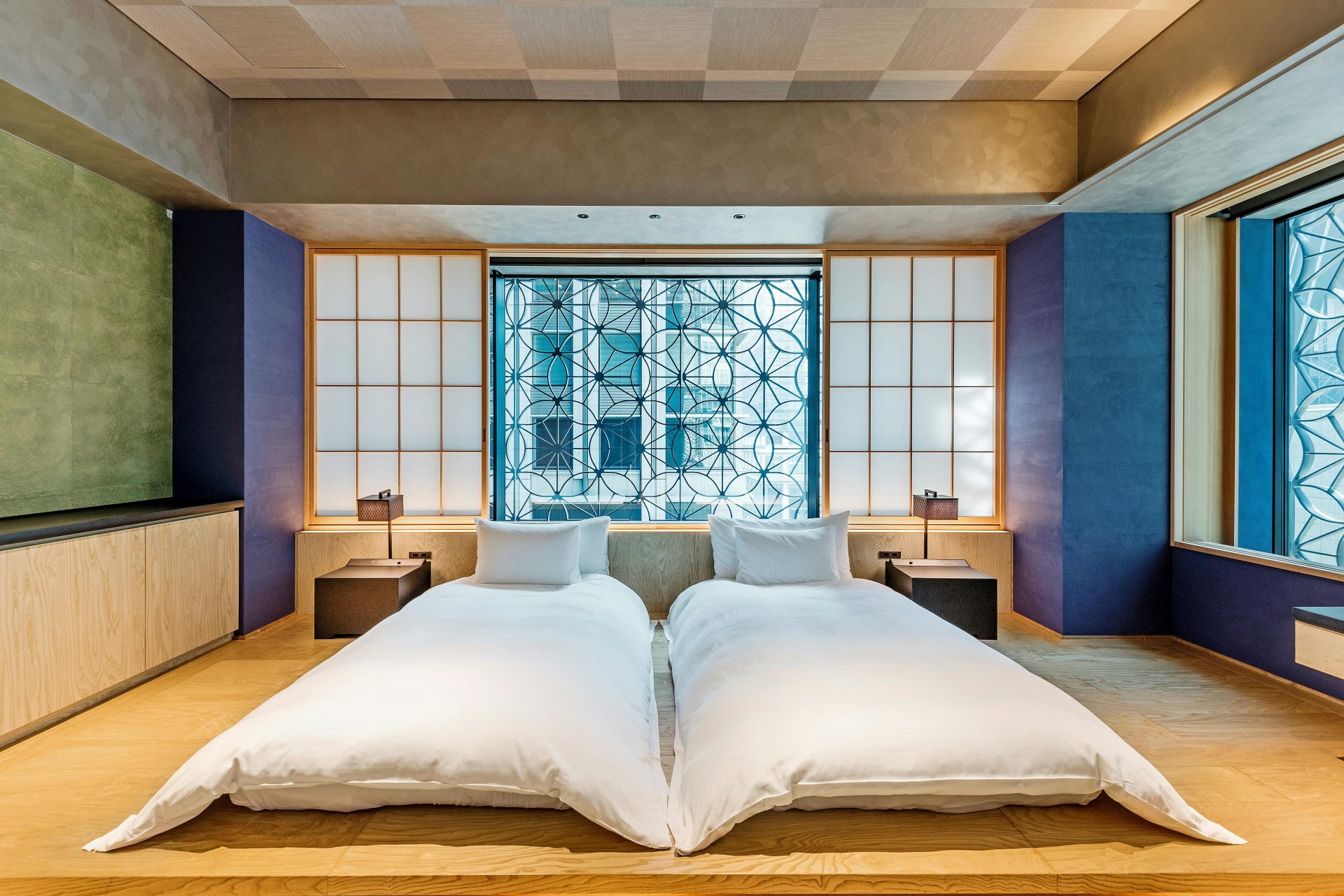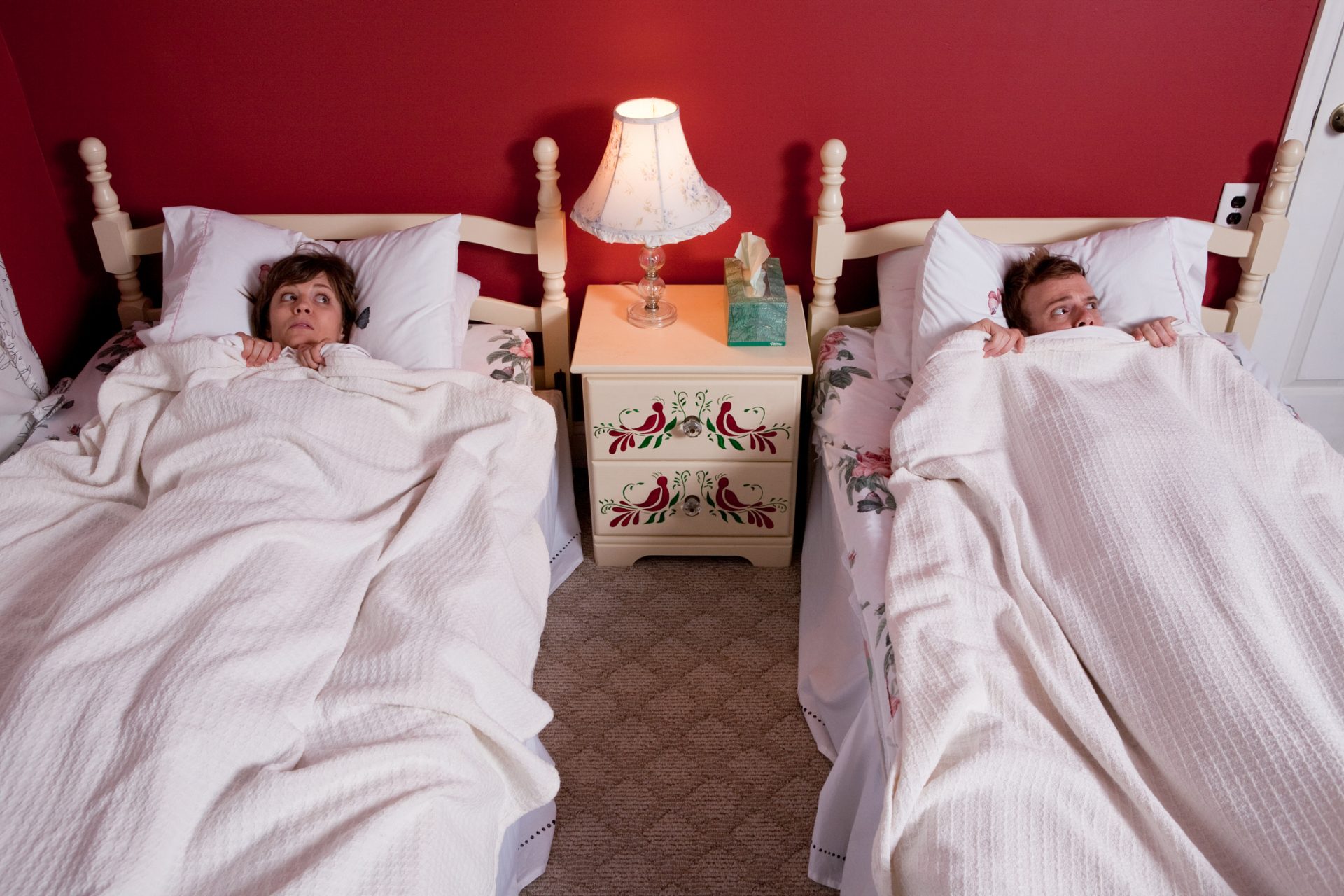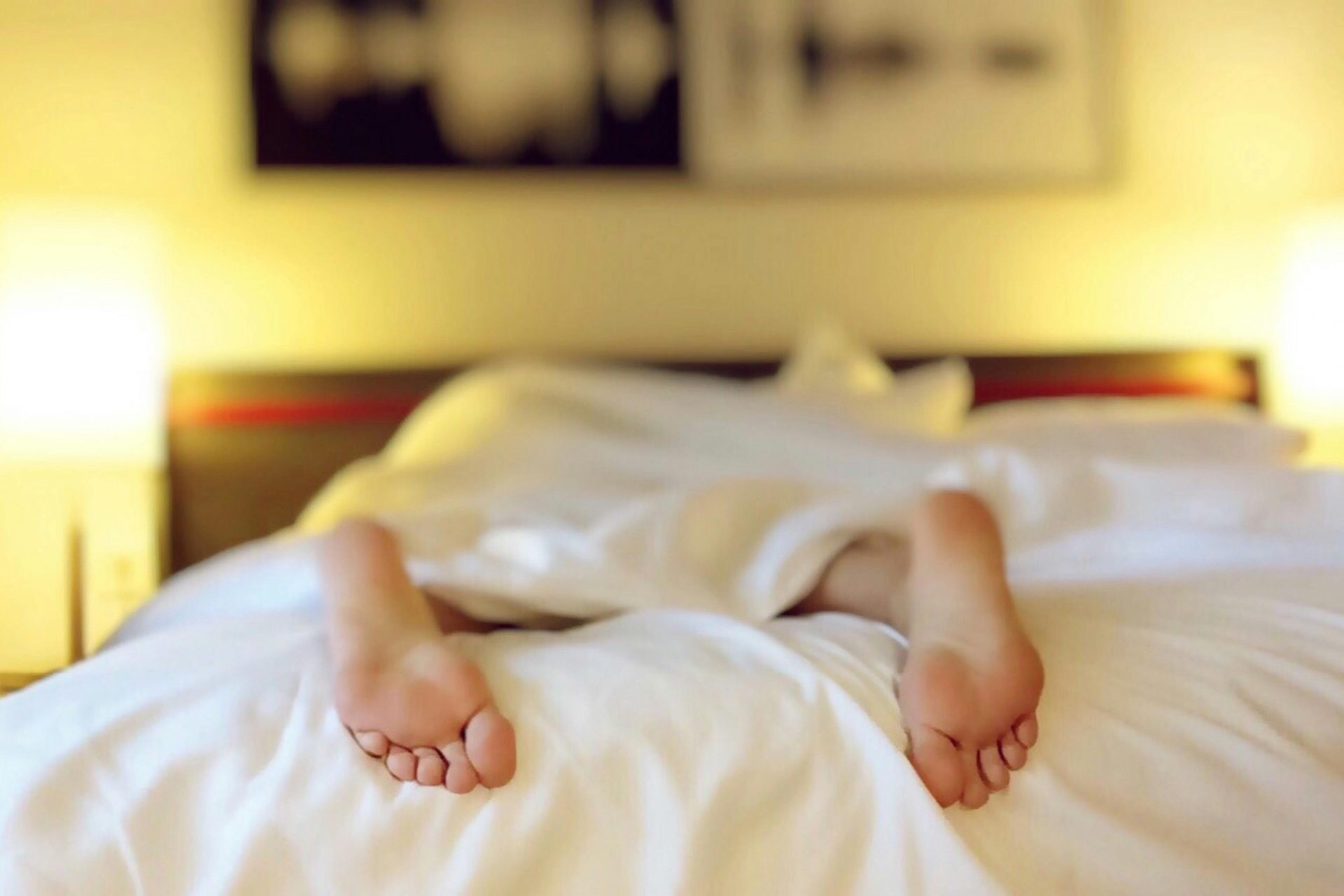The 'sleep divorce' trend: better rest, happier couples
In a society that’s increasingly focused on health and self-care, a phenomenon known as 'sleep divorce' has been growing in popularity. This term refers to the decision of some couples to sleep in separate spaces, whether different rooms or different beds, in search of optimal rest.
According to Stephanie Collier, a psychiatrist at McLean Hospital, the 'Sleep Divorce' phenomenon generally begins as a temporary solution. However, many couples find that this separation improves the quality of their rest and, therefore, the well-being of their relationship.
Photo: Monstera Production/Pexels
More than a third of Americans opt for 'Sleep Divorce'. According to a recent survey from the American Academy of Sleep Medicine (AASM), more than 33% of people occasionally or more than frequently sleep in another room, such as a guest room or the living room sofa.
Photo: Ron Lach/Pexels
The research also revealed that the trend is accentuated among millennials (the generation now between 30 and 40 years old), where almost half (43%) responded that they sleep separately from their partner.
Photo: Andrea Piacquadio/Pexels
The list is followed by generation X (born between 1965 and 1980), with 33%; then generation Z (born between 1997 and 2012), with 28%; and finally the baby boomers (born between 1946 and 1964), with 22%.
Sharing a bed with your loved one is a special time of day for some, but for others it can be uncomfortable or problematic. More and more couples, including some celebrities like Victoria and David Beckham or Melania and Donald Trump, are choosing to sleep in separate rooms.
In 19th century Victorian Europe, especially in high society, it was common for couples to sleep in separate rooms to preserve privacy and the standards of decency of the time.
Separate beds were considered essential for good health. Later, during the 1930s and 1940s, the use of separate beds became popular among the middle class too.
Starting in the 1950s, separate beds started to be considered a symbol of failure in a marriage. Since then, the notion has resonated in the minds of new couples, who seek greater physical closeness during sleep.
In Western societies, sharing a bed has become an emblematic symbol of life as a couple. Recent research has revealed that, when there is compatibility in the couple, sleeping together can reduce levels of the stress hormone, cortisol, and increase those of the happiness hormone, oxytocin.
Photo: Ron Lach/Pexels
However, as with all decisions in life, it is important to evaluate both the benefits and possible disadvantages, remembering that we are part of a couple, but we must also take care of ourselves.
According to an article published in French magazine Les Echos, the epidemic of poor sleep has become a serious health problem. The recent Nobel Prize in Medicine was awarded to a team of scientists for their work on the principles that govern our biological clock.
Photo: Andrea Piacquadio/Pexels
A marked decline in sleep quality has been observed, with the loss of approximately 60 nights of sleep per year over the past 70 years.
Photo: John-Mark Smith/Pexels
Furthermore, it is alarming to see how the number of hours of sleep has decreased since in the 1950s, when adolescents slept an average of nine hours per night, while today more than 70% of them sleep less than five hours per night .
Nowadays, there are several options to improve sleep without resorting to sleeping in separate rooms. For example, the Scandinavian method involves sharing the mattress but with two different duvets.
Photo: Amelia Hallsworth/Pextels
Another alternative is beds with two single mattresses or twin mattresses adapted to the preferences of each person. These options allow couples to meet their sleep needs without having to physically separate during the night.
Those alternatives may be able to solve a variety of issues, such as incompatible sleep schedules, snoring, movement in bed, need for personal space, or health issues that require a specific sleep environment.
Photo: Kampus Production/Pexels
In that way, a ‘sleep divorce’ can allow each individual to meet their rest needs more effectively and foster greater mutual respect and understanding within the couple. Ultimately, this can improve sleep quality and promote a more harmonious coexistence.
"Sleep is the cornerstone of our mental health," says Dr. Albers in an article published by the Cleveland Clinic. Research indicates that "when we are well-rested, we communicate better, interact better, and have better intimacy," he adds.
Photo: Ron Lach/Pexels
The decision to sleep separately provides the opportunity to personalize the environment and schedule according to individual needs, avoiding conflicts between the couple. In this way, the conscious choice can strengthen the relationship.
Photo: Pixabay/Pexels
Although sleeping apart can have multiple advantages, some couples may experience emotional distance affecting their romantic life. Additionally, sleeping separation can be costly.
Photo: Ron Lach/Pexels
But is this the right choice for you? Pay attention to your body's signals and your partner's and your needs, and consider whether sleeping apart could improve both your sleep and the relationship. Before making permanent changes, experiment to explore how it feels.
Photo: Mikhail Nilov/Pexels
Sleep is essential for our physical and mental well-being, and its quality can impact our relationships. Despite the stigma associated with 'Sleep Divorce', its practice can be beneficial for both a couple’s relationship and their sexual life.
Never miss a story! Click here to follow The Daily Digest.
Photo: Alex Green/Pexels
More for you
Top Stories



